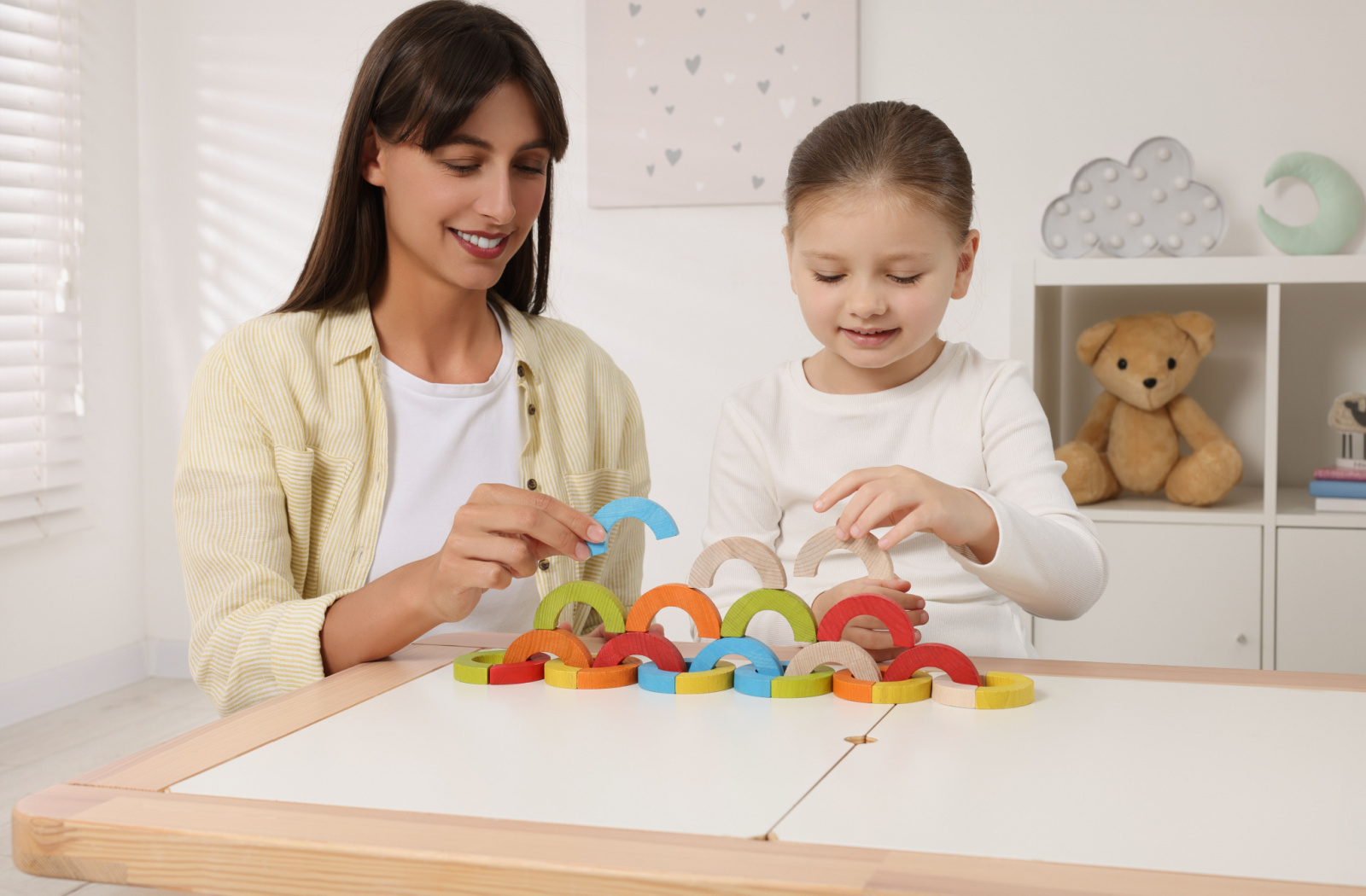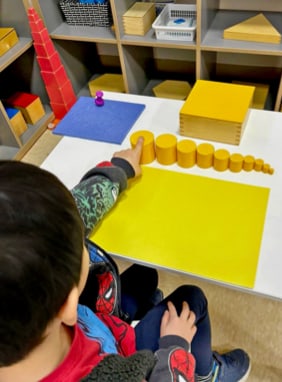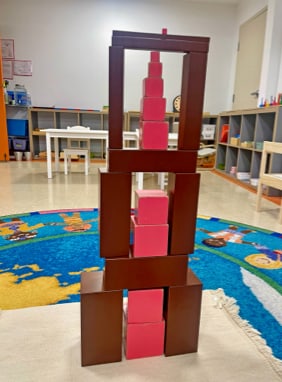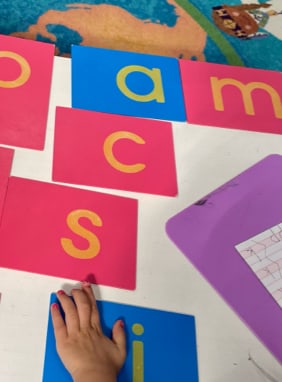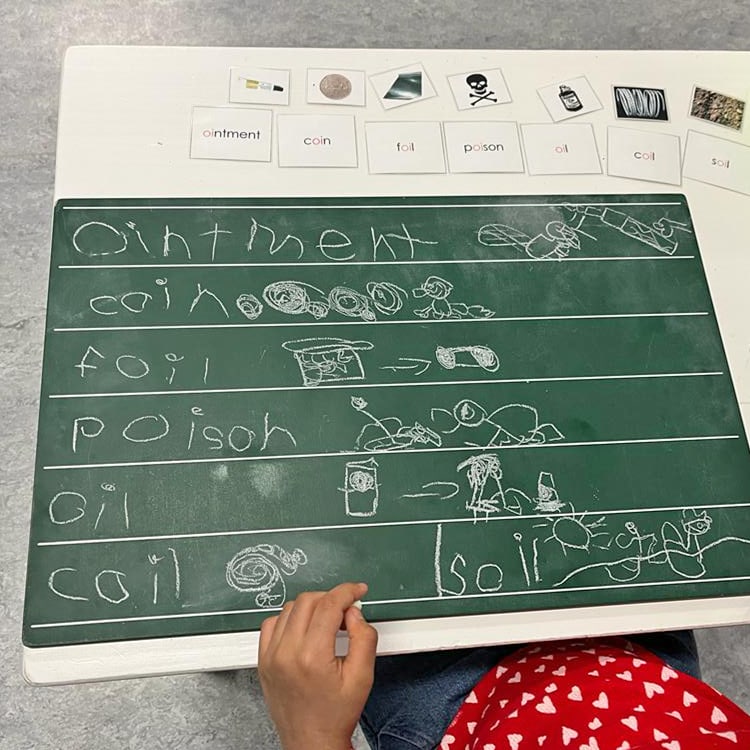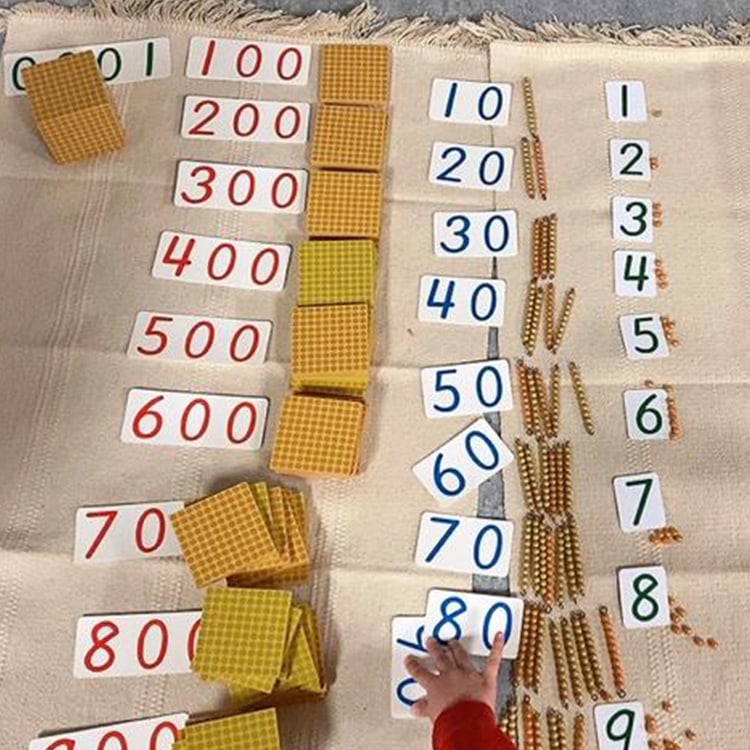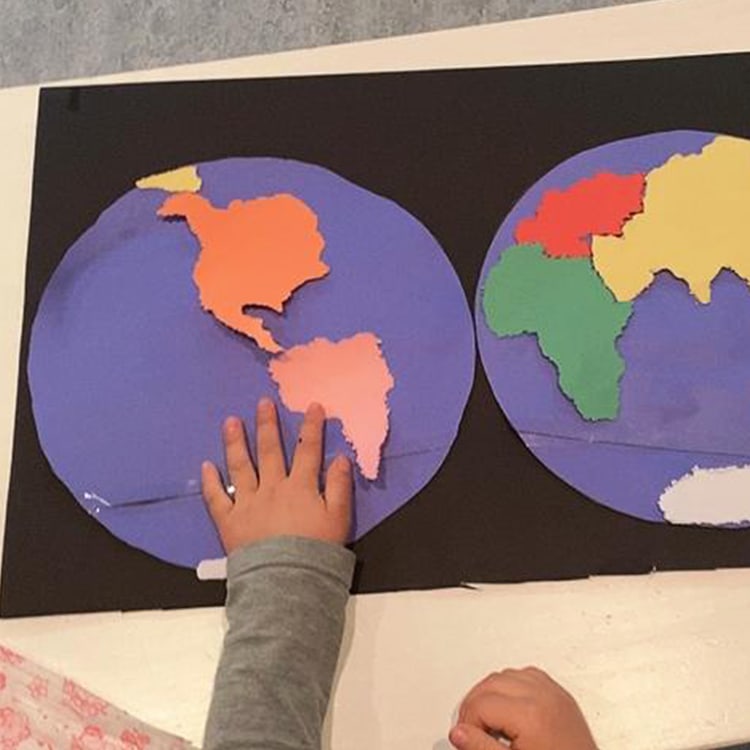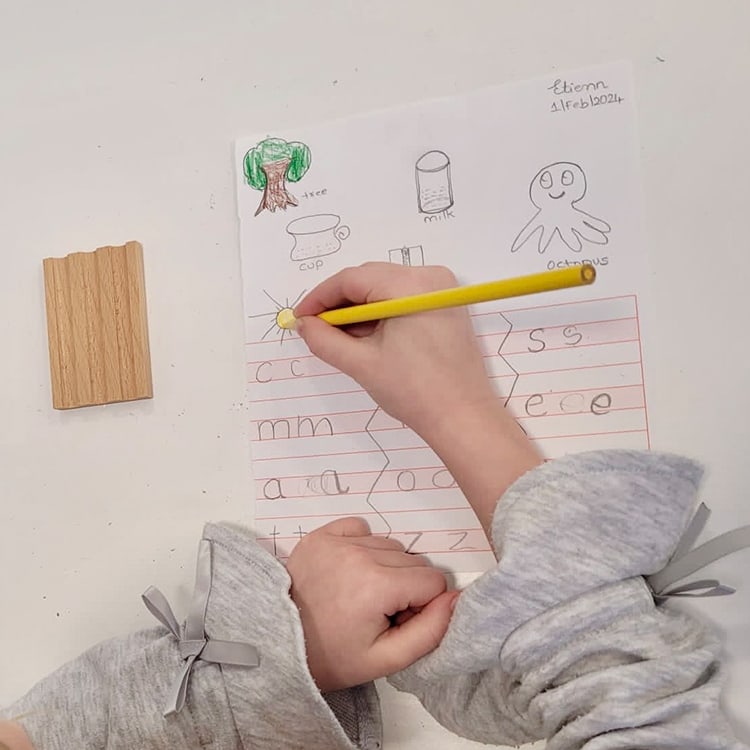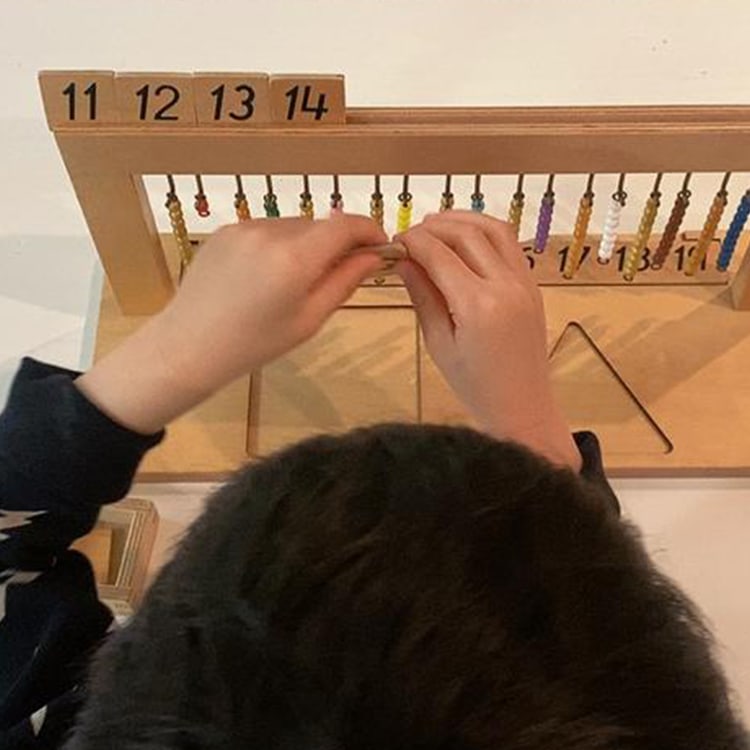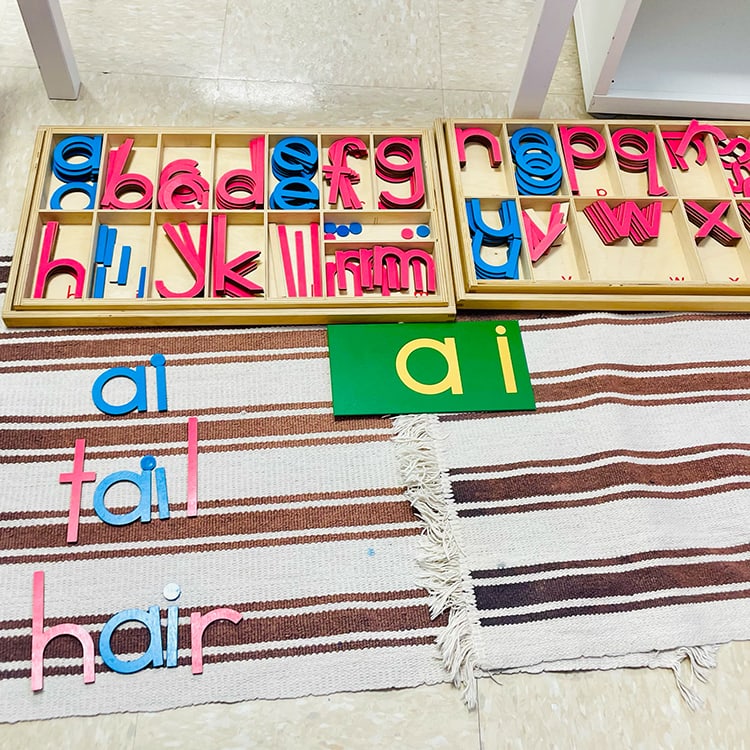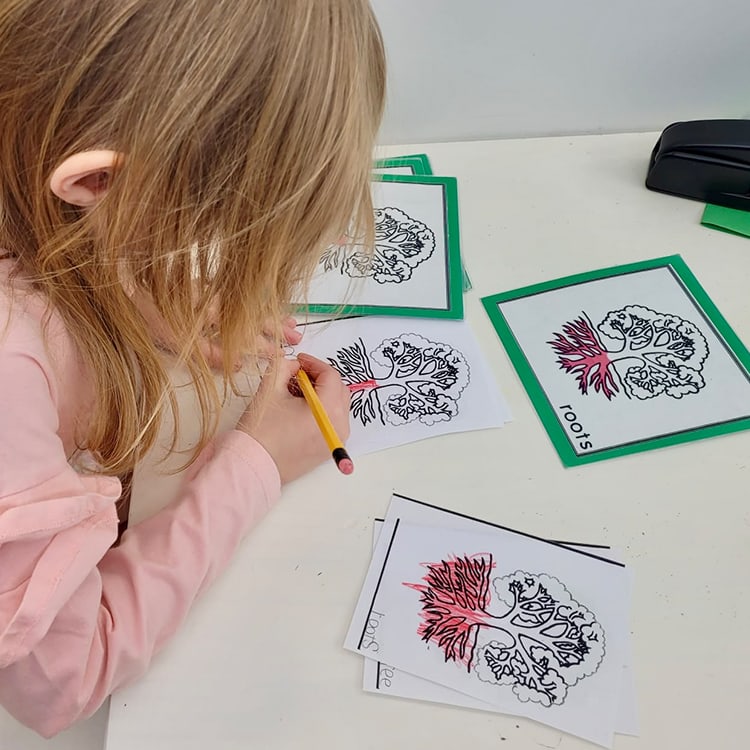Although the Montessori method was developed over a century ago, it remains relevant and effective in educating children today. One of the key components of the Montessori philosophy is the inclusion of practical life activities in the curriculum.
These activities focus on developing important life skills for a child’s daily functioning and independence. Practical life is important in Montessori for several reasons:
- Development of fine and gross motor skills
- Promotes concentration and focus
- Fosters independence and self-esteem
- Encourages problem-solving and critical thinking skills
- Cultivating order and responsibility
Developing Fine & Gross Motor Skills
Practical life activities can include pouring, transferring, cutting, and buttoning. These may seem like simple tasks to adults, but for children, they require precise movements and coordination of fine motor skills. Children can develop these skills and refine their movements through repetition and practice, leading to better control and body coordination.
On the other hand, practical life activities also involve gross motor skills such as sweeping, washing tables, or carrying objects from one place to another. These activities help develop balance, strength, and coordination of larger muscle groups.
As children engage in these activities, they can improve their physical abilities and become more confident in their movements.
Promoting Concentration & Focus
The practical life activities in Montessori are carefully designed to capture a child’s attention and stimulate their senses. By engaging in hands-on tasks requiring concentration and focus, children develop the ability to concentrate for extended periods.
This skill is crucial for academic success, allowing children to stay focused on tasks and absorb information more effectively. Furthermore, it also helps children develop self-discipline and control over their thoughts and actions.
Fostering Independence & Self-Esteem
In Montessori, the emphasis is placed on promoting independence in children. Through practical life activities, children can take care of themselves and their environment without adult assistance. This helps them develop a sense of self-esteem and self-confidence, as they can complete tasks independently and take responsibility for their actions. This sense of independence and self-esteem will serve them well as they grow older and face challenges.
Encouraging Problem-Solving Skills
Practical life activities also require children to use problem-solving skills. For example, if a child is pouring water into a cup and spills some, they must figure out how to clean it up and continue their task. These small challenges help children develop critical thinking and problem-solving skills, which are important for success in all areas of life.
Cultivating Order & Responsibility
In Montessori, practical life activities are done in a specific order and with designated materials. This promotes a sense of structure and responsibility in children as they learn to follow instructions and complete tasks in a certain way. They also learn the importance of caring for and respecting their environment, as materials must be returned to their proper place after use. This habit translates into other aspects of their lives, such as tidying their room or putting away toys after playtime.
Examples of Practical Life Activities
Practical life activities in Montessori schools cover many skills and tasks. Here are some common examples:
- Pouring and transferring: Children practice pouring liquids from one container to another, transferring objects with spoons or tweezers, and developing control over hand movements.
- Dressing and self-care: Children learn to button buttons, tie shoelaces, zip zippers, and put on and take off their coats independently. These activities promote self-care skills and build confidence.
- Food preparation: Children engage in activities such as washing fruits and vegetables, slicing bananas, or spreading butter on bread. These activities introduce basic cooking and food preparation skills in a safe and controlled environment.
- Cleaning and care of the environment: Children are taught to clean up spills, dust shelves, sweep floors, and water plants. These activities instill responsibility for taking care of their surroundings.
- Grace and courtesy: Children learn to greet others, say please and thank you, and use polite words. These activities promote social skills and help children develop good manners.
- Care of the self: Children learn to care for their own bodies, such as brushing teeth, washing hands, and using the toilet independently. These activities promote independence and self-confidence.
- Sensorial activities: Children engage in activities that stimulate the senses and develop their perception. These may include matching different scents or textures, identifying colours and shapes, or listening to different sounds.
Nurturing Children Through Practical Life Activities
At Mosaic Montessori Academy, we understand the importance of practical life activities and strive to create a supportive and nurturing environment for children to learn and grow. Through our carefully curated curriculum and experienced teachers, we provide opportunities for children to develop essential life skills, independence, and social skills. Contact us today to learn more about how we can give your child the best start in life through the power of practical life activities. Let us be a part of your child’s journey towards a brighter future.


